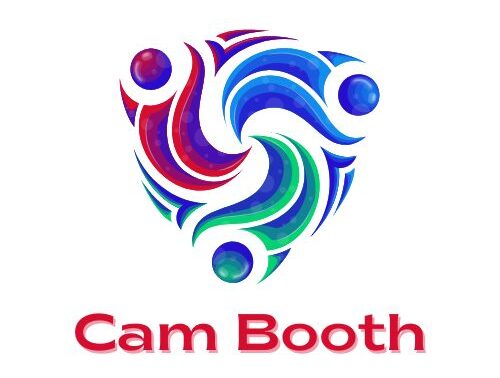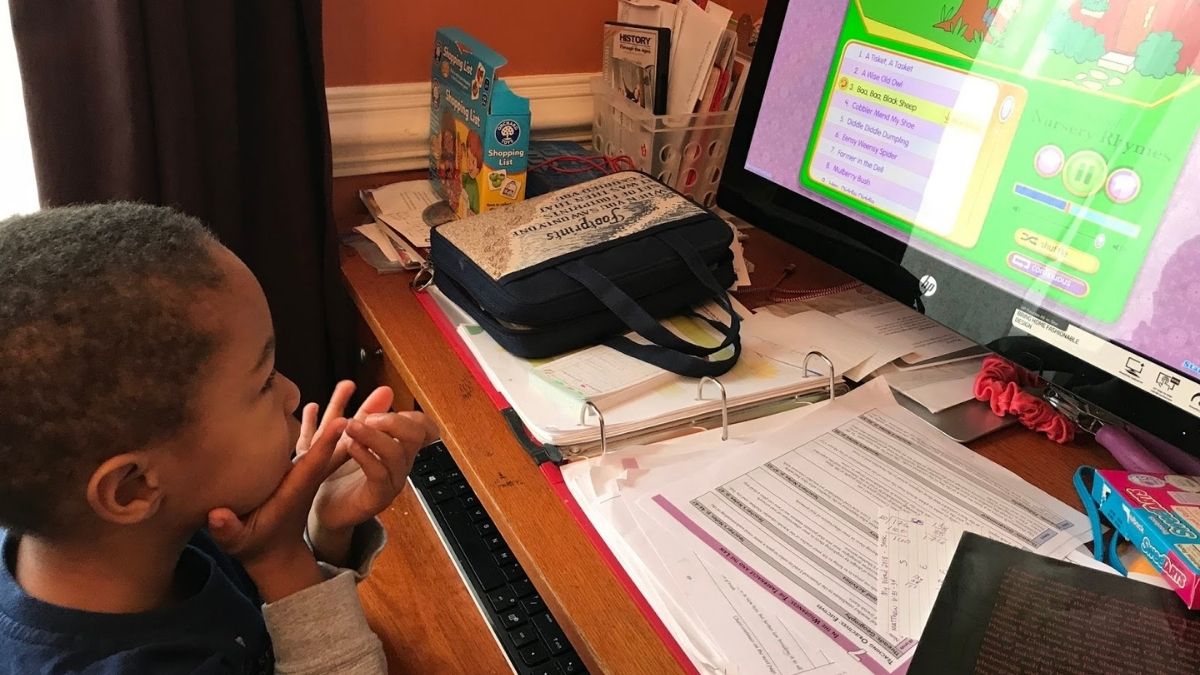The healthcare industry is rapidly evolving, and with it, the demand for skilled medical coders continues to grow. Medical coding is a critical component of healthcare administration, ensuring accurate billing, insurance claims, and patient records. With the rise of online education, aspiring medical coders now have flexible and accessible options to gain the necessary skills and certifications.
This guide explores the benefits of pursuing it, the best programs available, certification options, career prospects, and tips for success. Whether you’re a beginner or a healthcare professional looking to upskill, this article provides everything you need to know to launch a successful career in it.
Why Choose Online Medical Coding Education?
1. Flexibility and Convenience
it programs allow students to learn at their own pace, making it ideal for working professionals, parents, or those with busy schedules. Courses are accessible 24/7, enabling students to balance education with other commitments.
2. Cost-Effective Learning
Compared to traditional in-person programs, its courses are often more affordable. Many platforms offer payment plans, discounts, and even free introductory courses.
3. Access to Accredited Programs
Reputable online institutions provide accredited programs that meet industry standards. These programs prepare students for certification exams from recognized organizations like AAPC (American Academy of Professional Coders) and AHIMA (American Health Information Management Association).
4. Hands-On Training with Virtual Labs
Many online medical coding courses include virtual labs, real-world case studies, and interactive exercises to help students practice coding in a simulated healthcare environment.
5. Career Advancement Opportunities
Earning a medical coding certification online can lead to better job prospects, higher salaries, and opportunities for career growth in healthcare administration.
Best Online Medical Coding Programs
1. AAPC Medical Coding Training
- Duration: 4–6 months (self-paced)
- Certification Prep: CPC (Certified Professional Coder)
- Features: Interactive lessons, practice exams, and mentorship
- Cost: $2,000–$3,000 (includes exam voucher)
2. AHIMA’s CCA Certification Program
- Duration: 6–12 months
- Certification Prep: CCA (Certified Coding Associate)
- Features: Comprehensive coding curriculum, ICD-10-CM/PCS training
- Cost: $1,500–$2,500
3. Penn Foster Medical Billing and Coding Program
- Duration: 9 months (self-paced)
- Certification Prep: CPC and CBCS (Certified Billing and Coding Specialist)
- Features: Affordable tuition, externship opportunities
- Cost: $800–$1,200
4. Udemy Medical Coding Courses
- Duration: Varies (short courses)
- Certification Prep: Introductory-level training
- Features: Budget-friendly, on-demand video lectures
- Cost: $20–$200 per course
5. Career Step Medical Coding and Billing Program
- Duration: 4–6 months
- Certification Prep: CPC, CCS (Certified Coding Specialist)
- Features: Externship opportunities, job placement assistance
- Cost: $3,000–$4,000
Key Components of Online Medical Coding Education
1. Medical Terminology
Understanding anatomy, physiology, and medical terms is essential for accurate coding.
2. ICD-10-CM, CPT, and HCPCS Coding Systems
Students learn to use:
- ICD-10-CM (Diagnosis coding)
- CPT (Current Procedural Terminology for procedures)
- HCPCS (Healthcare Common Procedure Coding System)
3. Healthcare Compliance and Ethics
Courses cover HIPAA regulations, fraud prevention, and legal aspects of medical coding.
4. Billing and Reimbursement Processes
Students learn how coding impacts insurance claims and revenue cycles.
5. Practical Coding Exercises
Hands-on practice with real medical records helps students gain confidence.
Medical Coding Certifications to Pursue Online
| Certification | Issuing Organization | Best For |
| CPC (Certified Professional Coder) | AAPC | Entry-level coders |
| CCS (Certified Coding Specialist) | AHIMA | Hospital coding specialists |
| COC (Certified Outpatient Coder) | AAPC | Outpatient facility coders |
| CIC (Certified Inpatient Coder) | AAPC | Inpatient hospital coders |
| CRC (Certified Risk Adjustment Coder) | AAPC | Risk adjustment coding |
Career Opportunities After Online Medical Coding Education
1. Medical Coder
- Average Salary: $45,000–$60,000 per year
- Work Settings: Hospitals, clinics, insurance companies
2. Medical Billing Specialist
- Average Salary: $40,000–$55,000 per year
- Responsibilities: Processing insurance claims, handling denials
3. Coding Auditor
- Average Salary: $60,000–$75,000 per year
- Role: Ensuring coding accuracy and compliance
4. Health Information Technician
- Average Salary: $50,000–$65,000 per year
- Duties: Managing electronic health records (EHR)
5. Remote Medical Coder (Work-from-Home Opportunities)
Many employers hire certified coders for remote positions, offering flexibility and work-life balance.
Tips for Success in Online Medical Coding Programs
- Stay Consistent – Set a study schedule and stick to it.
- Use Practice Exams – AAPC and AHIMA offer mock tests to prepare for certification.
- Join Coding Forums – Engage with coding communities for tips and networking.
- Gain Practical Experience – Look for internships or volunteer coding opportunities.
- Keep Up with Industry Updates – Coding guidelines change annually, so continuous learning is key.
Conclusion
Pursuing medical coding education online is a smart choice for anyone looking to enter the healthcare field without spending years in school. With flexible, affordable, and accredited programs available, students can gain the skills needed to earn certifications and secure high-paying jobs.











